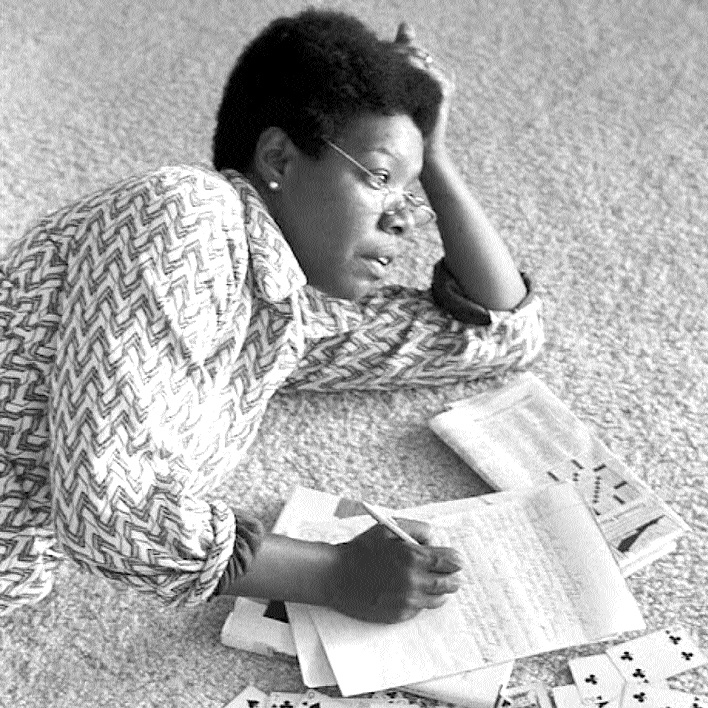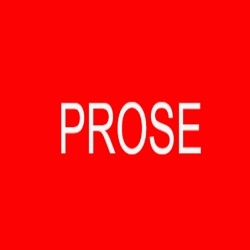Of poetry and prose
| Date :10-Dec-2024 |
Maya Angelou engrossed in writing.By Vijay Phanshikar :“... poetry is delicious; the best prose is that which is most full of poetry - Virginia Woolf”
WHO would know better than Virginia Woolf the difference between poetry and prose -- or poetry and good prose ?
A stark -- and dark -- prose apart, good prose is almost always full of poetic touch, poetic expression, poetic nuances. Many writers of prose excel even while writing technical papers even on sciences. Good prose always flows like a smooth stream, clear and vigorous -- at times calm, at times storm, at times warm, and at times cold. Yet, in whatever form it appears, good prose often offers great read simply because it embodies almost all facets of poetry.
Of course, as some morons may tend to say, poetry is not prose with a broken syntax. That is hardly so. For, try to break the regular sub-object-predicate order of a sentence and see if the
experiment produces poetry. On most occasions, what stems from that atrocity is clear literary torture.
So, if prose with a broken syntax is not poetry, poetry is not born with soft words and smooth meter.
Both -- prose and poetry -- are distinct, though both have a few common
attributes, such as flow, such as depth, such as finesse, such as subtlety, such as sensitivity, such as sensibility, such as
passion, such as richness of meaning ...!
Yet, a good prose must always have a poetic touch for it to become a document of human sentiment -- in a poetic form.
This busts a general impression that prose is drab and ‘practical’. Good prose always has an element that makes the reader chuckle. When novelist Arthur Hailey wrote notes to his daughter’s teacher apologising for the girl’s absence from school, the teacher felt mesmerised, so to say, even though at that point in time Hailey had not become famous as the author of works such as ‘Wheels’, for
example.
“What a wonderful prose!”, she is stated to have exclaimed to Diane, the daughter.
True, good prose is almost always
simple, a few flashy exceptions apart. In tune with this wrote Ernest Hemingway famously, “Prose is architecture, not
interior decoration. ..” and then he added most characteristically, “Baroque is over”.
Of course, ‘baroque’ points to ornateness of style. That -- the
ornateness -- poetry may
possess occasionally. But
mostly, prose is attributed with simplicity of expression or straightness of statement. It may have a dramatic touch all right, but it differs from poetry on that count -- generally speaking.
Of course, there are many who excel in writing both -- prose and poetry. Charmed by both, famed poetess Maya Angelou once said, “I’m happy to be a writer -- of prose, poetry, every kind of writing. Every person in the world who isn’t recluse,
hermit, or mute, uses words. I know of no other art form that we always use.”
Thus, using words in any form -- prose, poetry, and simple conversation -- may have an appeal that the arts have. In other words, both, poetry or prose, can boast of an intense appeal.
Think deeply about this, and you will realise the depth in both -- poetry
and prose.


